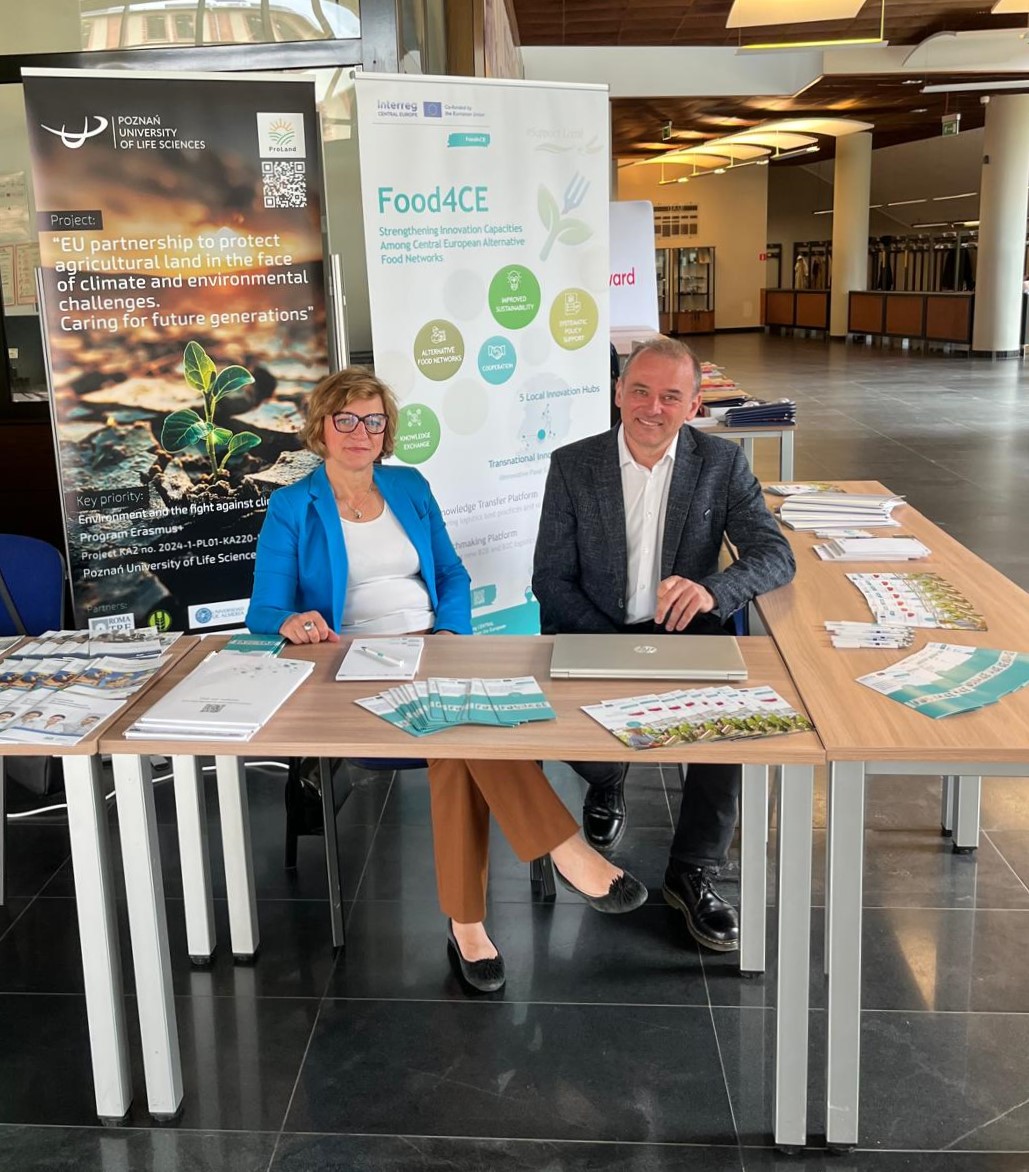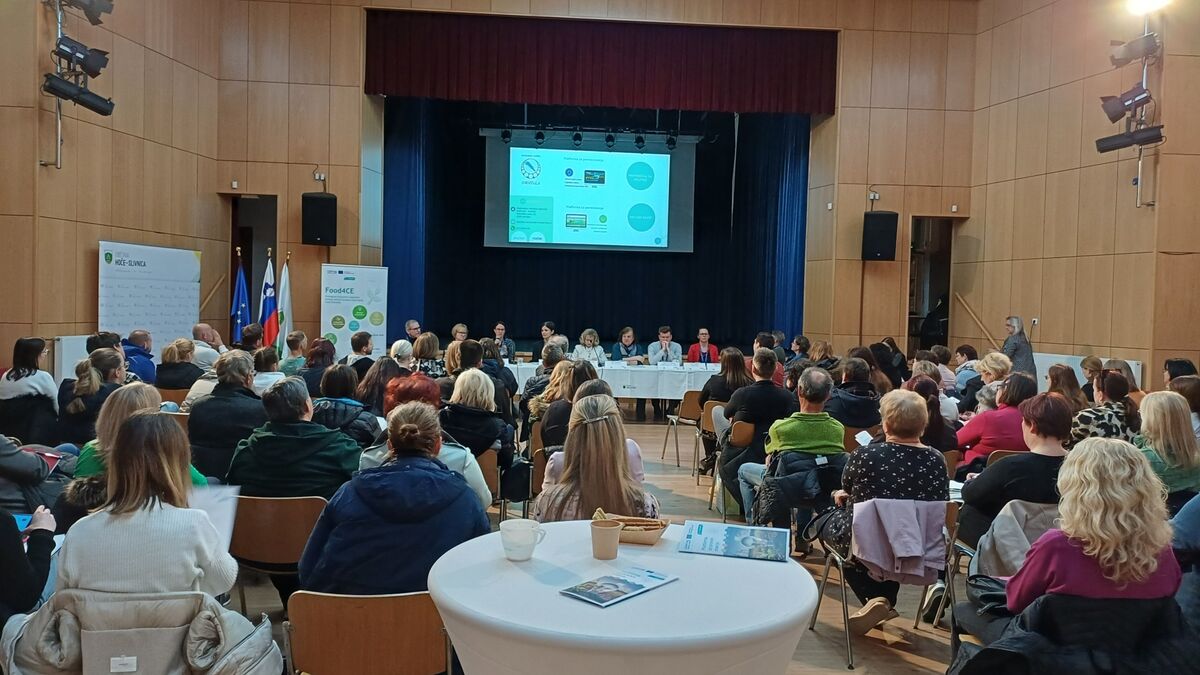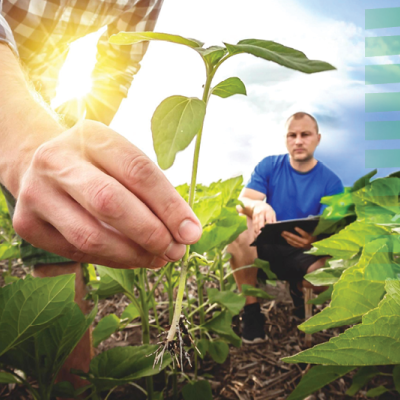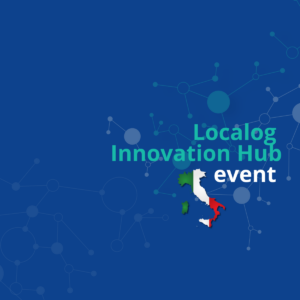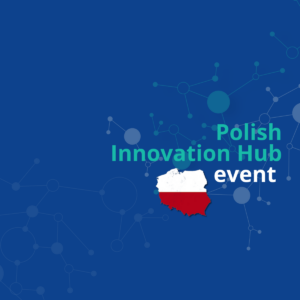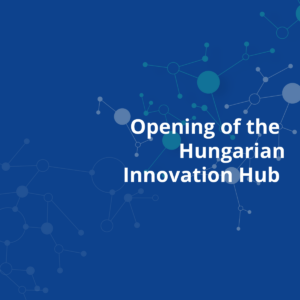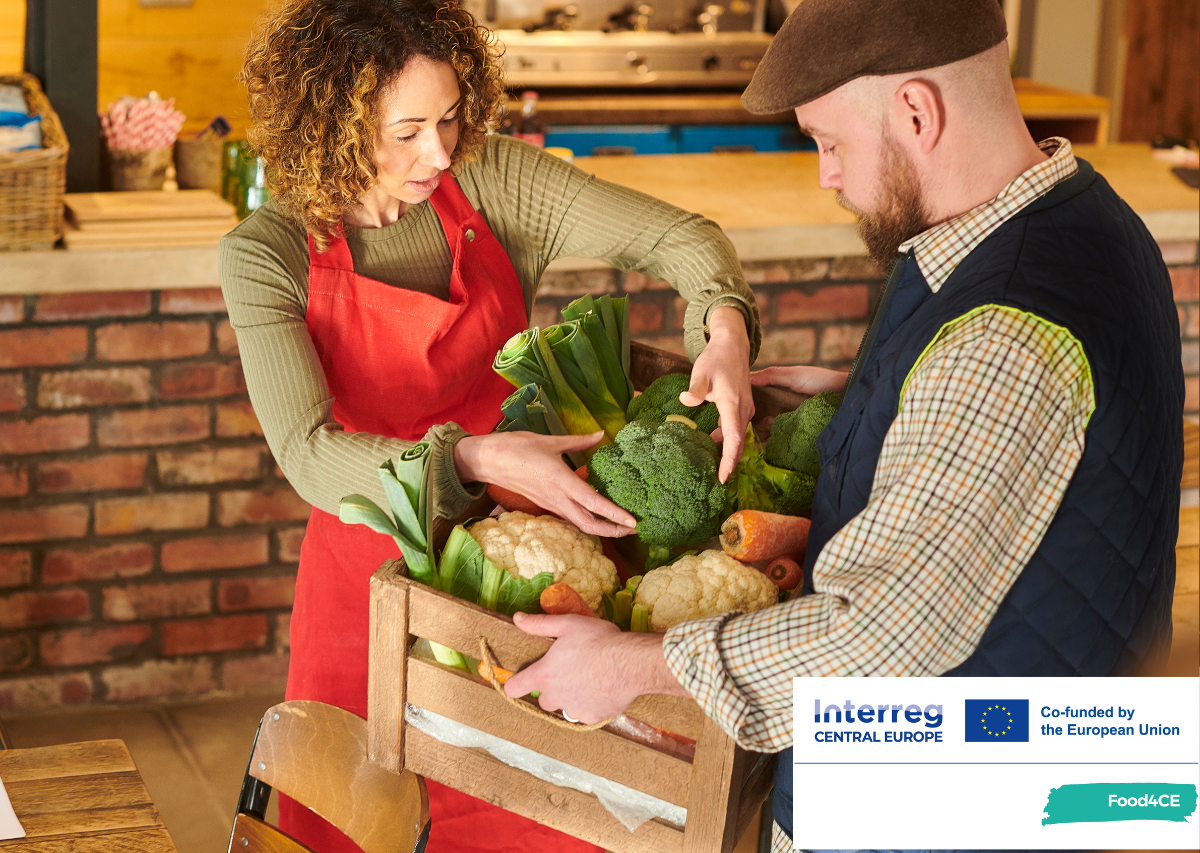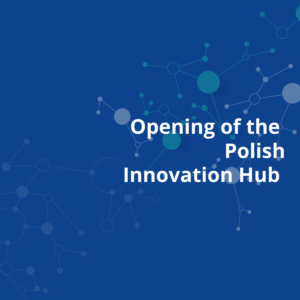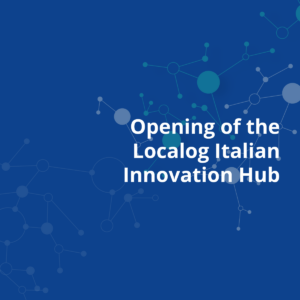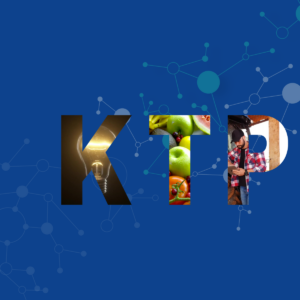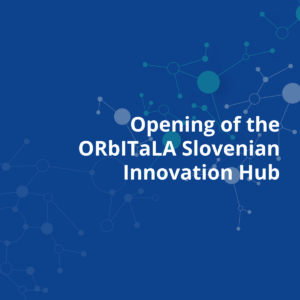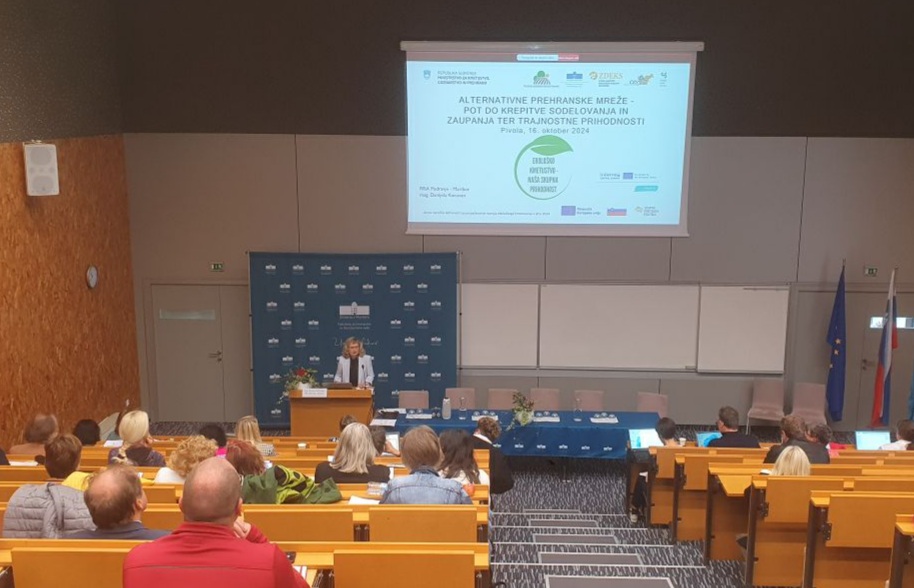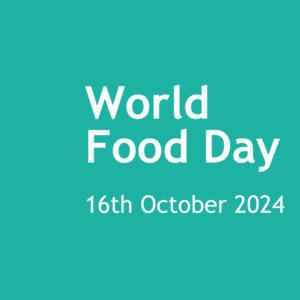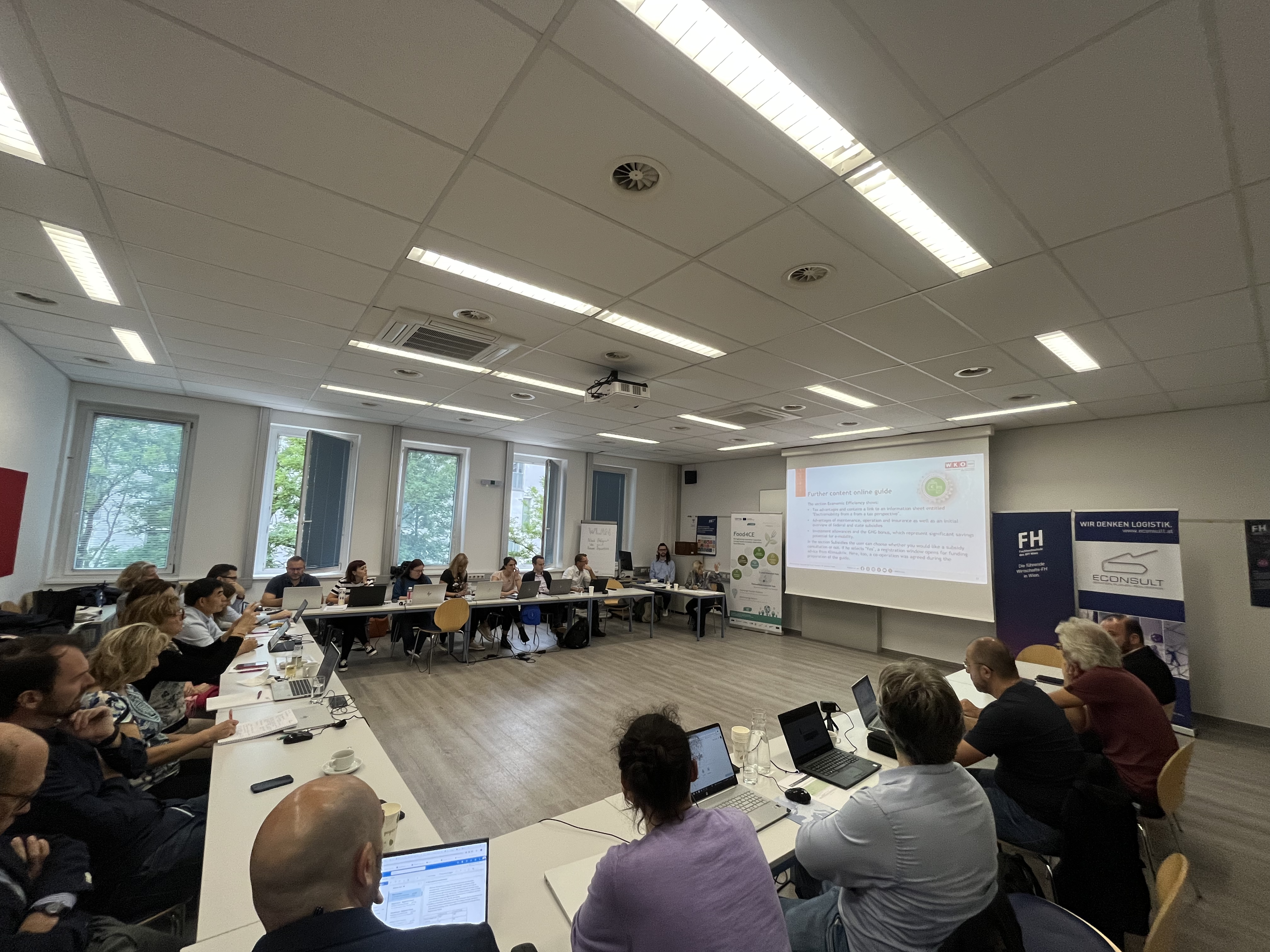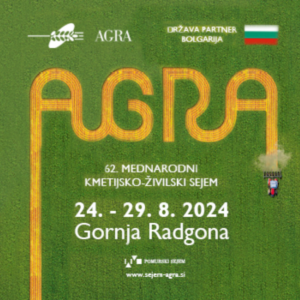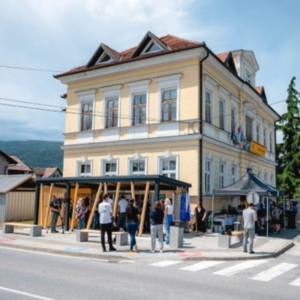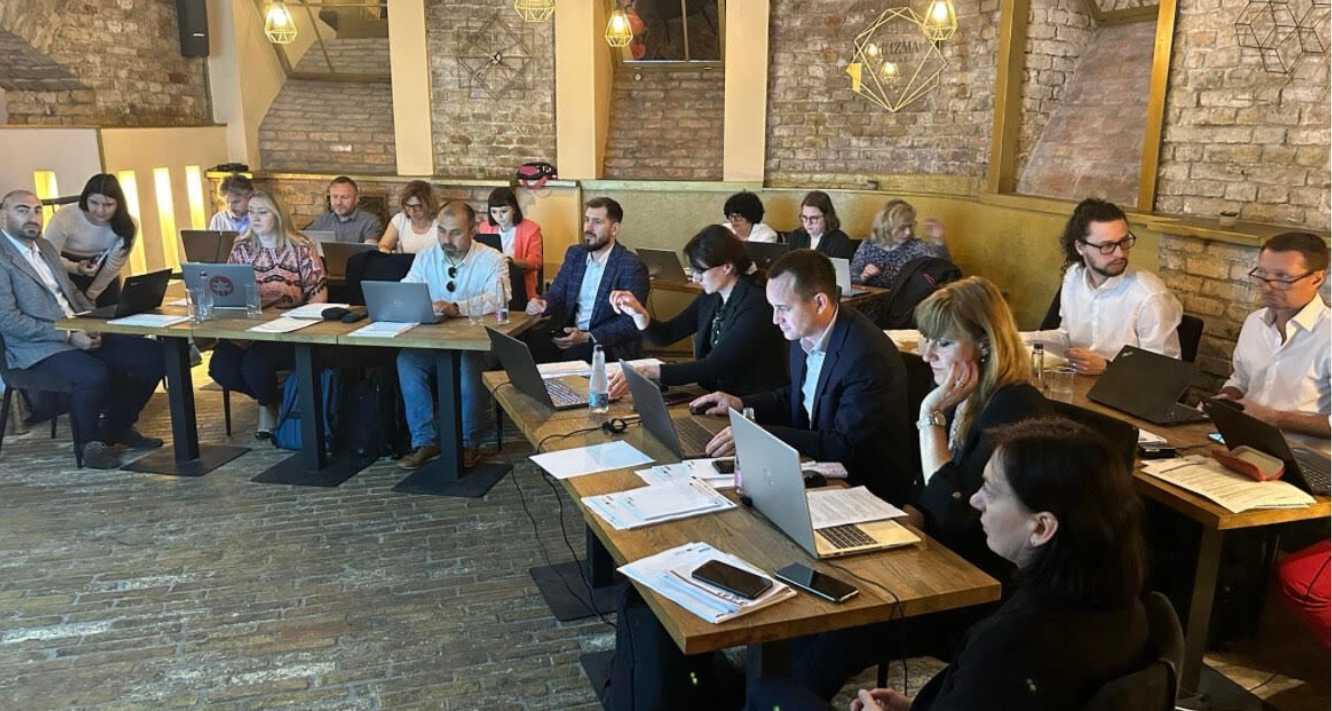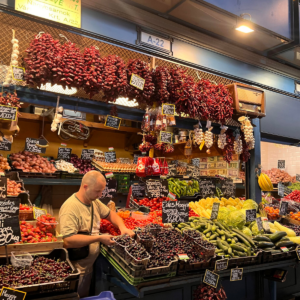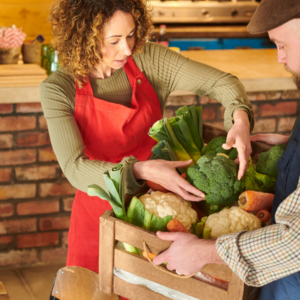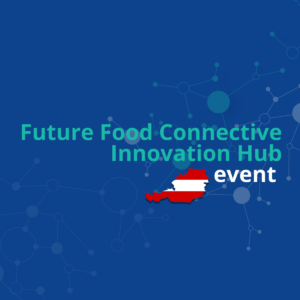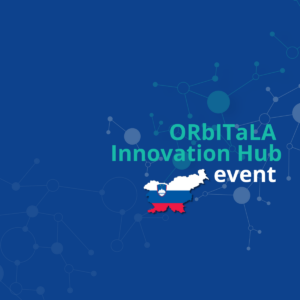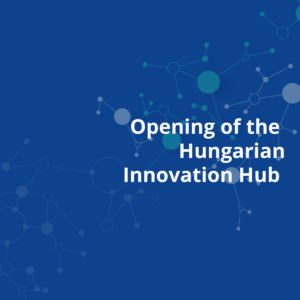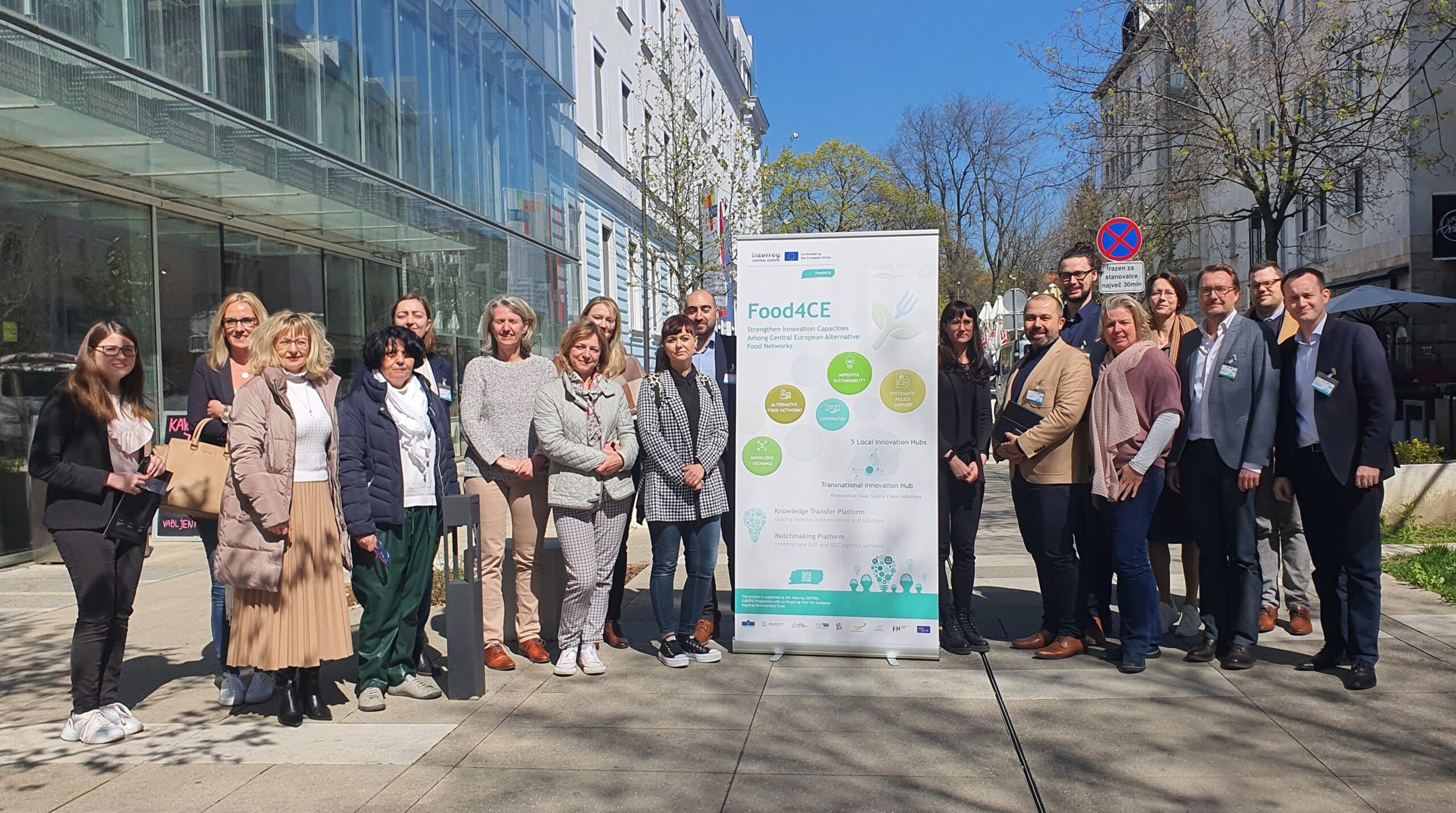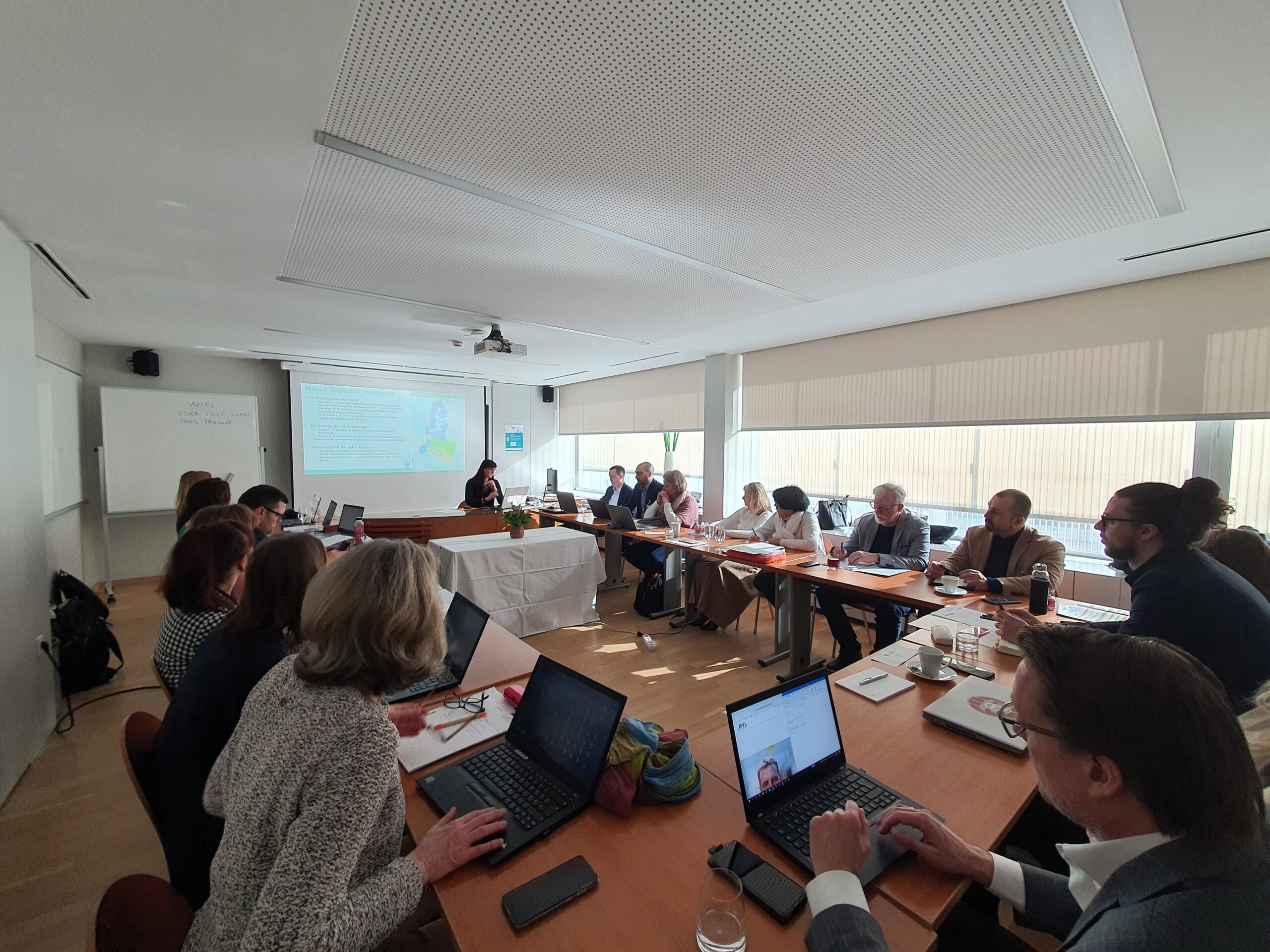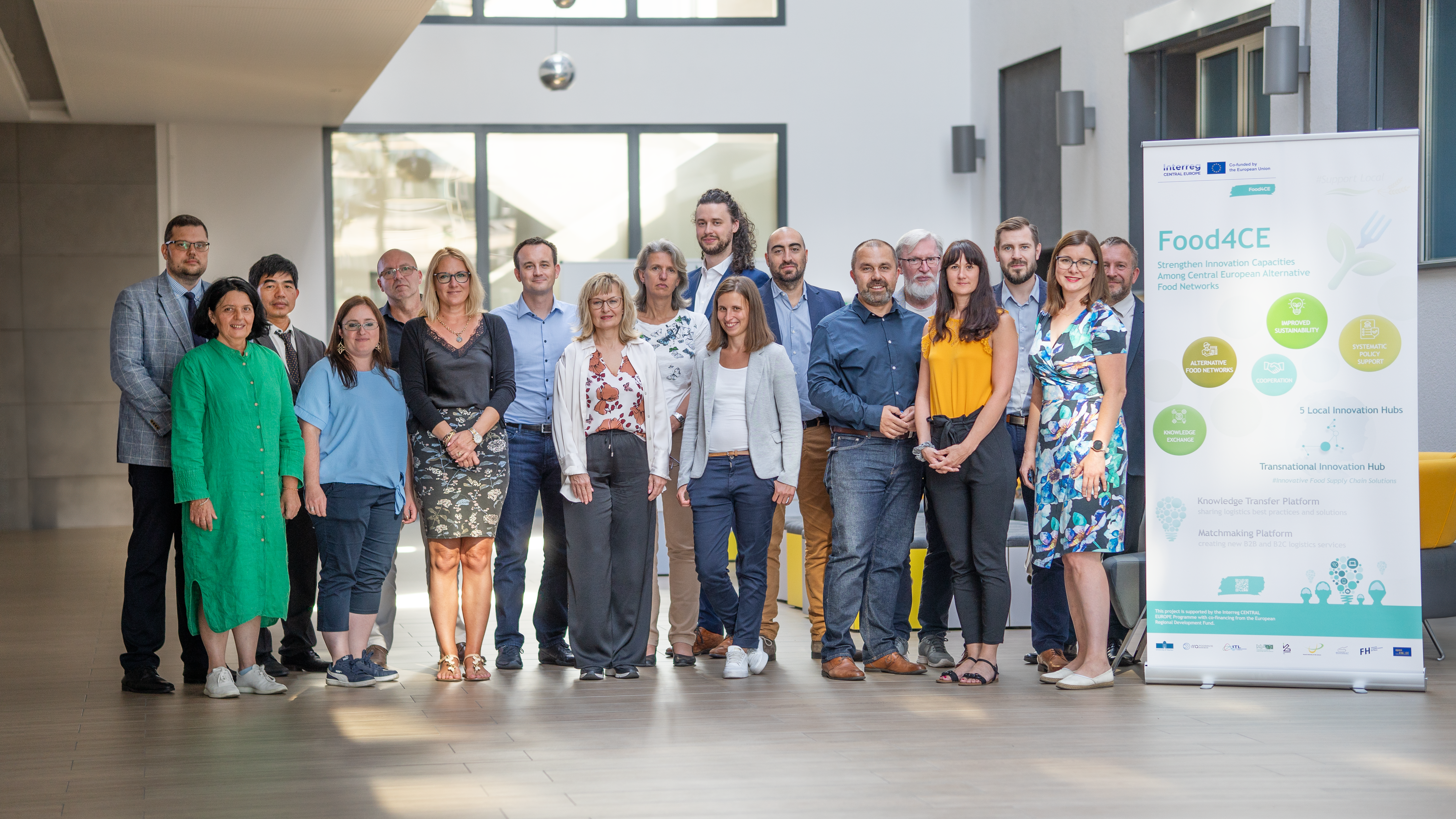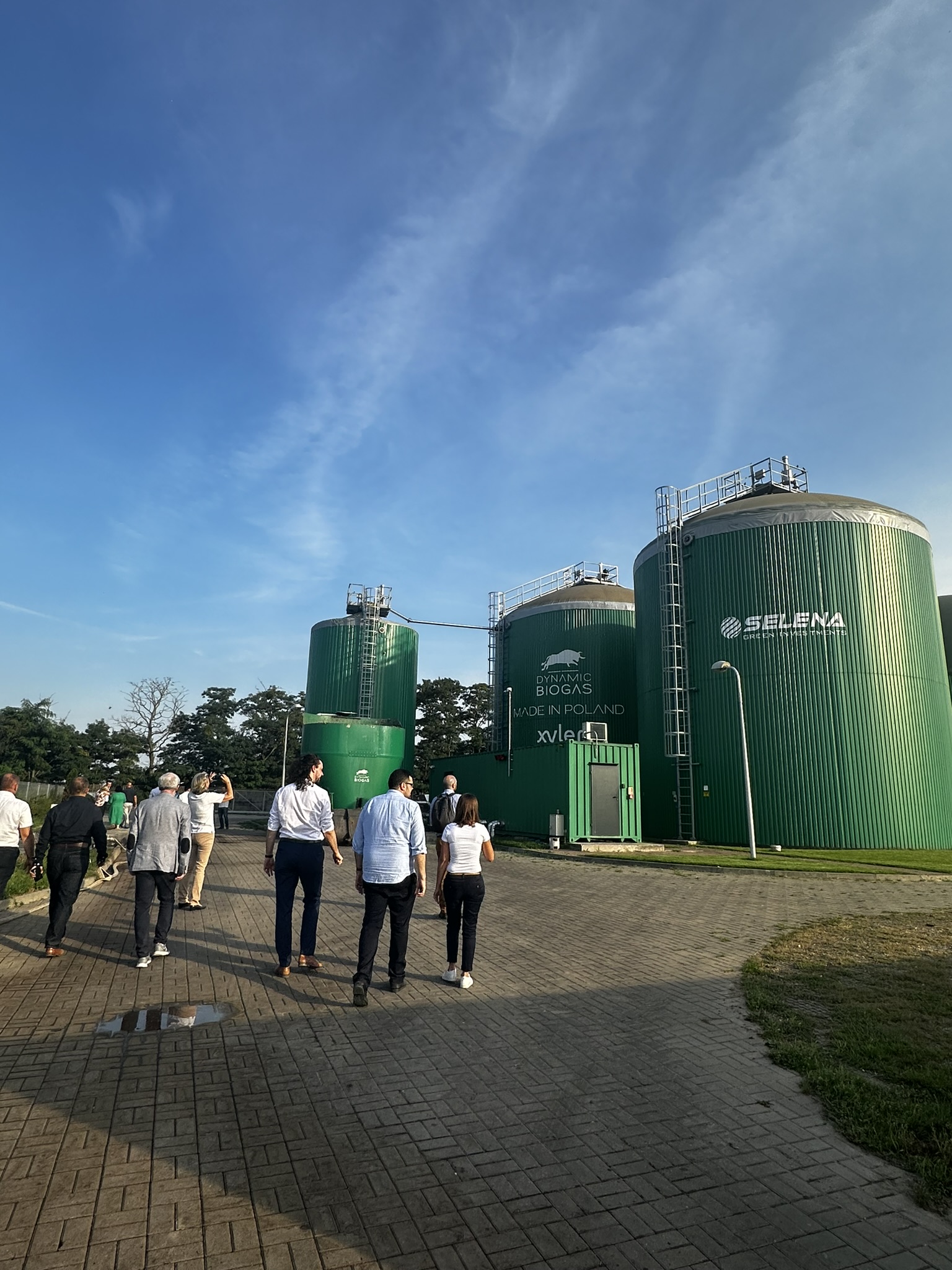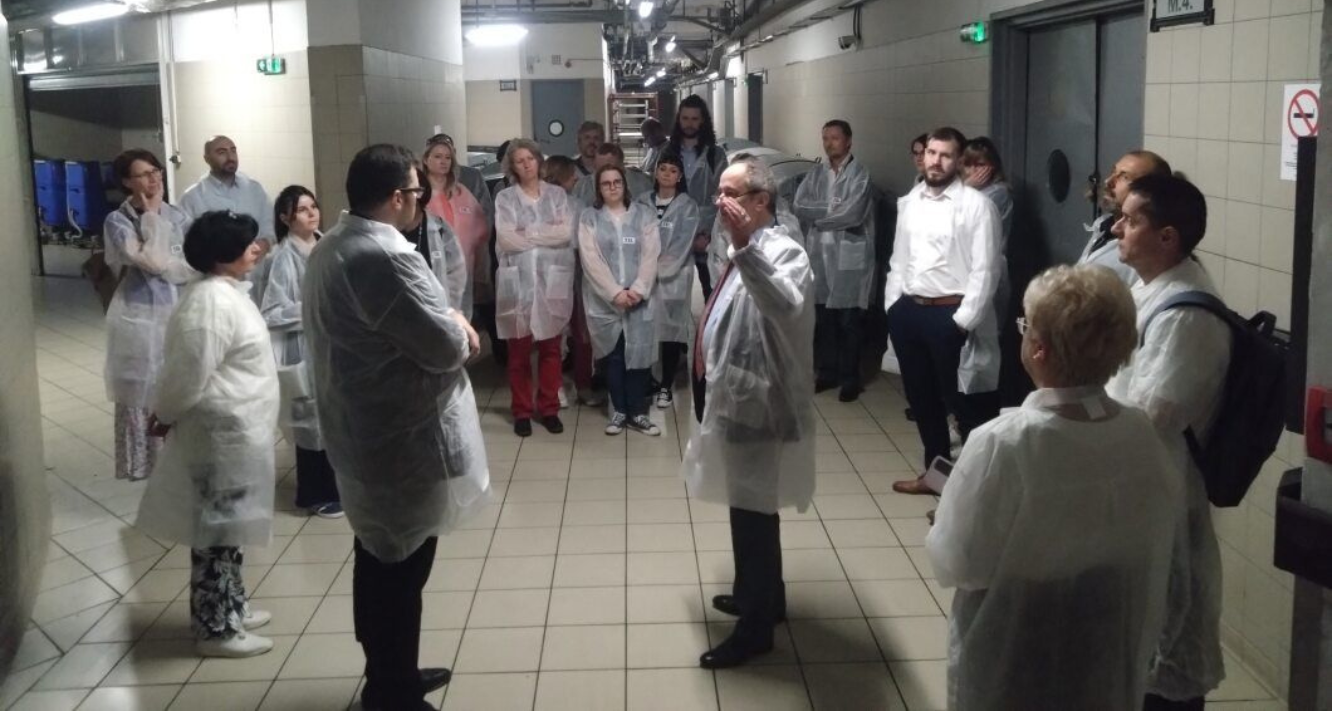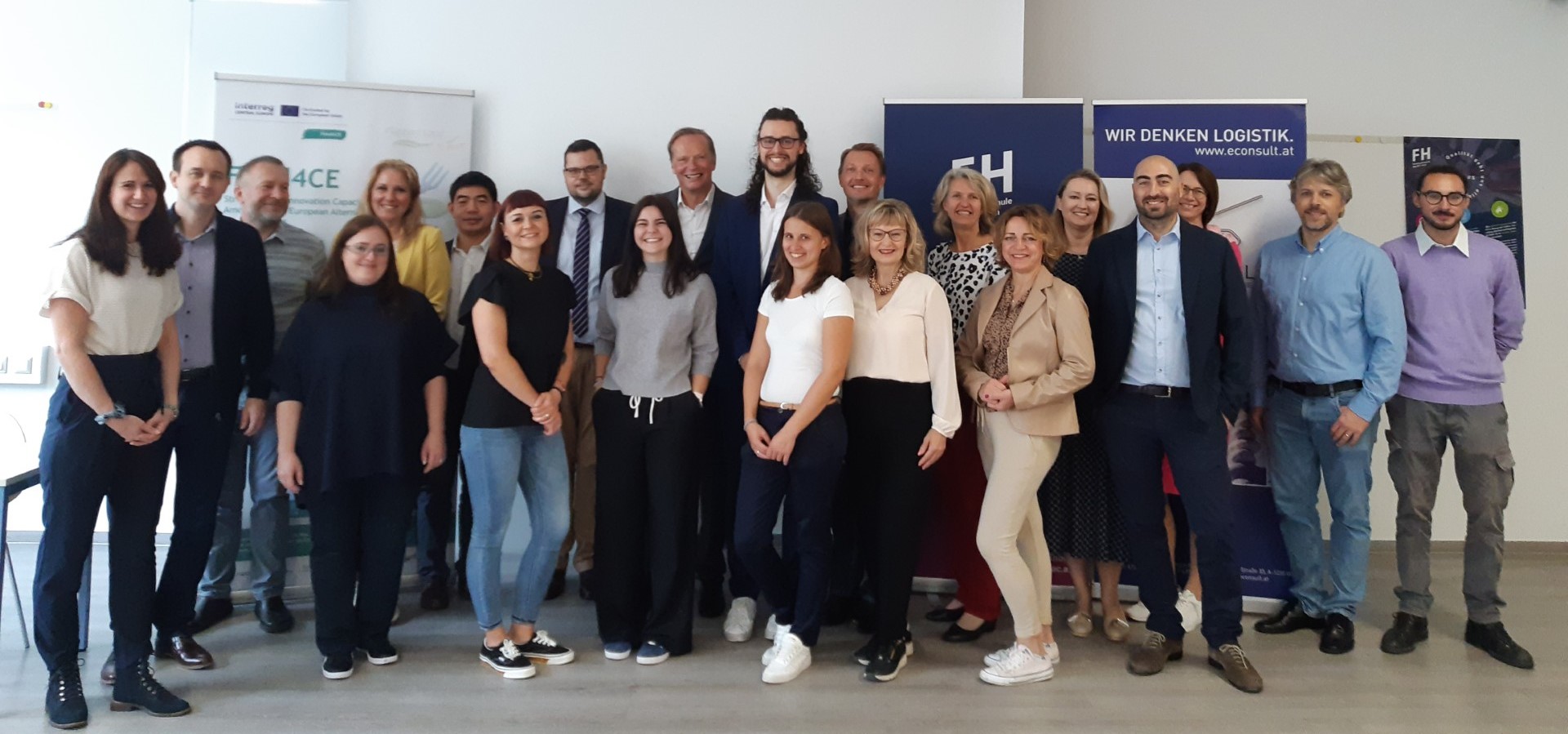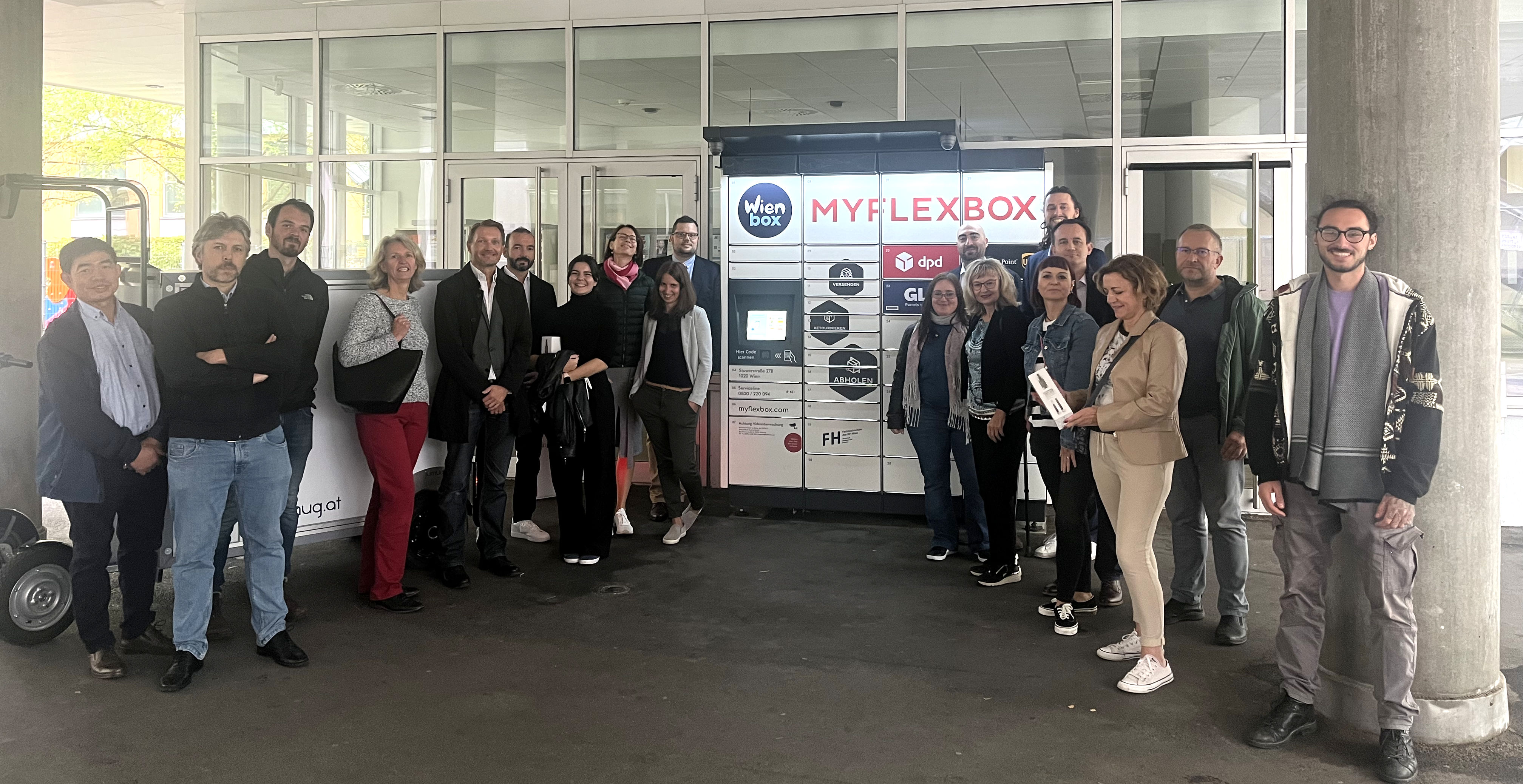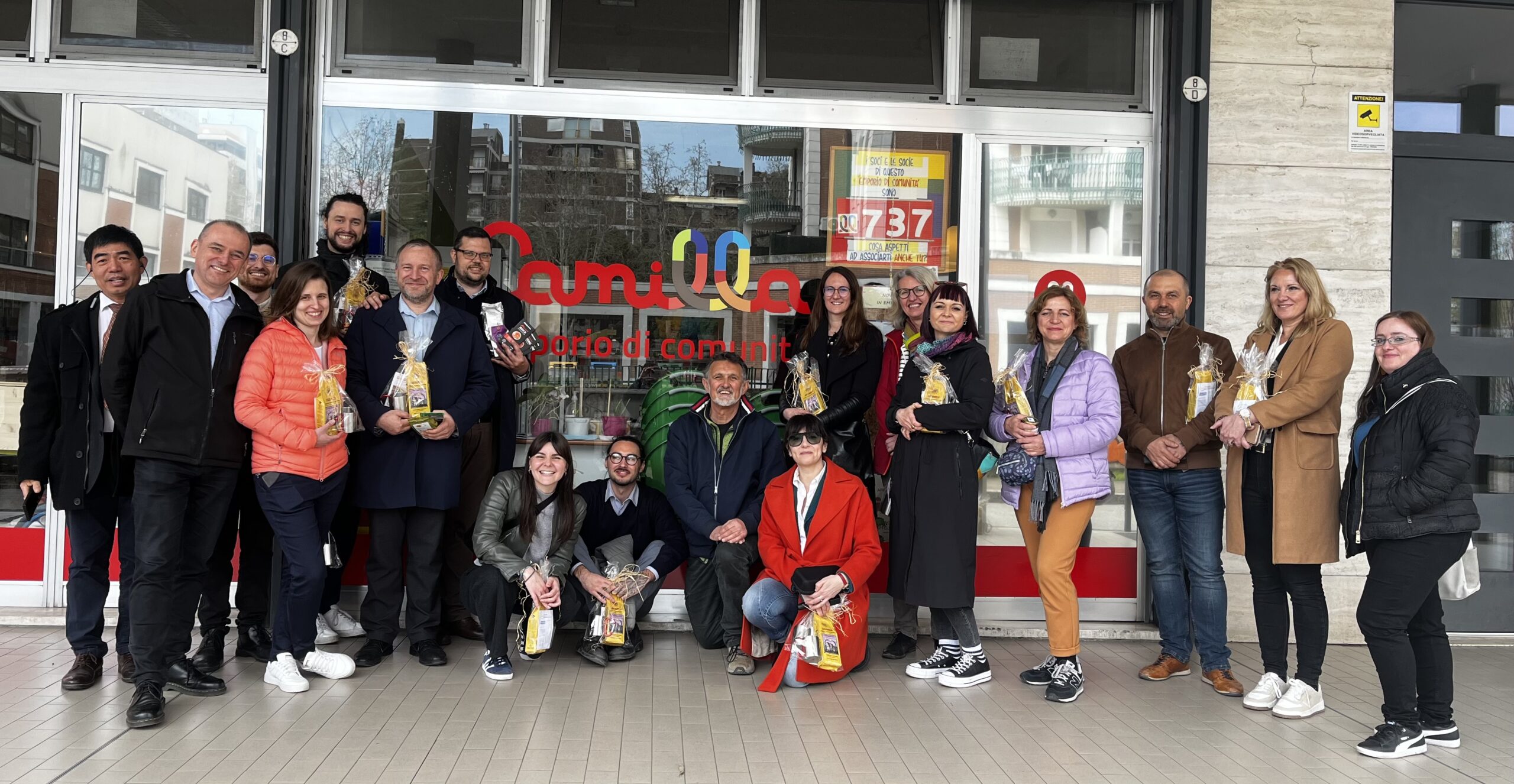Project overview
Strengthening Innovation Capacities Among Central European Alternative Food Networks
Alternative food networks seek to transform food supplies by connecting ethical producers and consumers more directly. Systemic policies to support such networks are widely missing in central Europe and it is time to change this. The FOOD4CE project establishes local and transnational hubs for the food and logistics sectors, in which they can exchange good practices and take up innovative technologies. The hubs will be integrated into the European network of logistics competence centres. More information coming soon.
-
2,10m €
-
Project Budget
-
80%
-
of the Budget is funded by ERDF
-
6
-
Countries
-
6
-
Regions
-
9
-
Partners
-
2
-
Pilots
Duration
Start date
End date
Project progress
Project partnership
Project partners

Lead partner
University of Maribor
Faculty of Civil Engineering, Transportation Engineering and Architecture
Project partner
Department for Regional Development
Food and Technology Institution
61-755 Poznań
Department of Law and Farm Management
Roadmap
Identification and classification of existing AFNs in Central Europe

The task systematically identifies (desk analysis and survey) the existing AFNs in CE and evaluates their level of development to classify them into different categories of complexity. Special emphasis is given to business models that are systematically compared based on the CANVAS methodology (transnational benchmark). Special emphasis is given to sustainability of identified solutions and business models. The task also identifies and provides classification of AFN stakeholders to understand their roles and provide database of key stakeholders. The analysis and survey of existing AFN business models and stakeholders forms the basis for stakeholder’s database and knowledge platform.
Analysis of AFNs SFSC characteristics and need
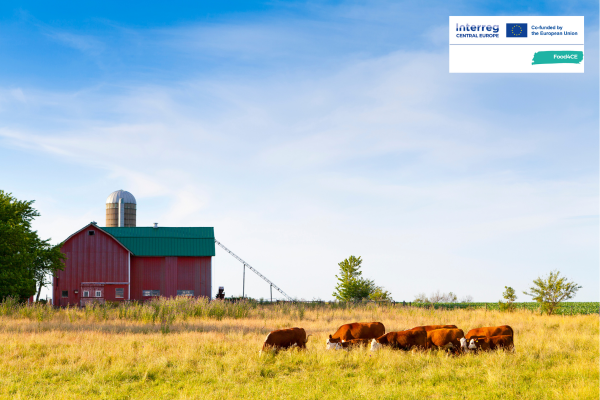
Small local food producers are usually underestimating the importance of logistics. It is a complex process that can make an important contribution to the efficiency of the short food supply chain. The desk research and survey are therefore focusing on supply chain and logistics processes of small scale (alternative) food production/distribution systems identified. Special emphasis is given to: transport, packaging and handling equipment, warehousing, IT support, tracking and tracing. In depth analysis of characteristics and needs provides basis for knowledge transfer and policy support for AFNs in CE.
Pilot mapping of AFNs logistics solutions and best practices

Examples of good practices are crucial in improving the functionality of existing AFNs in CE and setting new ones. This pilot activity gathers knowledge, experiences and best practices in the field of logistics operations for AFNs and develops tool to create the repository of solutions and concepts appropriate for small scale alternative food producers and small logistics operators. The most advanced AFN functional models and the most efficient short food supply chains are selected for in depth analysis. This activity aims to develop, test and verify the tool and produce direct input for Knowledge platform. This will help to identify the main challenges about logistics issues and innovative approaches that resulted with best practice examples.
Innovation Hub setup and pilot operation

Innovation Hub brings together actors from different sectors to advance AFNs in CE. Organized as living lab, Innovation Hub enables active knowledge transfer between researchers, business experts, food producers, logistics operators and policy makers to co-create conditions for improved functioning of AFNs in CE. IH will provide two distinct services to its members – Knowledge transfer platform and Matchmaking platform. FOOD4CE pilot consist of 1 transnational and 5 regional/local hubs. Local innovation hubs share their knowledge and needs with other innovation hubs (in participating countries), creating a unique mutual transnational support network for CE AFNs. IH will remain active also after the project end.
Knowledge Transfer Platform

The Knowledge Transfer Platform provides useful information for managing and operating AFNs in CE. It combines and provides knowledge on most relevant business models, SFSC logistics solutions, and best practices. The KTP is a web-based tool and covers the following main topics relevant to small scale short food supply chains: Information systems and digitalization of logistics processes, advanced delivery/ordering principles, consolidation of deliveries, vehicle routing optimization, sharing of logistics facilities (warehousing), common packaging solutions and standards, energy use optimization systems, inclusive business models for systemic resilience, and collaboration models, planning models, development models, recycling.
Matchmaking Platform

Matchmaking Platform is a tool developed to match the logistics needs and solutions of different stakeholders to create new partnerships and develop new and better logistics services. Matching can be done at different levels: between small farmers, between small farmers and existing AFNs, AFNs and logistics operators, AFNs and big customer. The Matchmaking Platform is a web-based tool (like marketplace). Several matchmaking events are organized for small farmers to present their products and logistics characteristic and meet potential partners and customers to create or advance existing short food supply chains.
Policy Support Framework

AFNs today represent only a small percentage of food production and consumption, but they are growing very rapidly. To achieve further development of AFNs, adequate policy support is needed at the national and transnational levels. This task is dedicated to reviewing existing European, national and regional policies related to AFNs and making this knowledge available to stakeholders through Innovation Hubs meetings. The main objective of this task is to provide policy and recommendations at the regional /national level to support the evolution of AFNs towards operationally, environmentally friendly, and energy-efficient food distribution system of the future.
Contribution to Macro Regional and Smart Specialisation Strategies

Emphasizing the importance of AFNs and short food supply chains in key macroregional strategies and smart specialization strategies is critical to the long-term development of AFNs. Therefore, targeted meetings with representatives of macroregional strategies are planned to align their action plans with the needs of AFNs.
News
Events
Pilot actions
Outputs
Pilot mapping of AFN logistics solutions and best practices
- Best practices and logistics solutions of AFNs in Slovenia (short report)
- Best practices and logistics solutions of AFNs in Poland (short report)
- Best practices and logistics solutions of AFNs in Italy (short report)
- Best practices and logistics solutions of AFNs in Hungary (short report)
- Best practices and logistics solutions of AFNs in Austria (short report)
Tool for mapping AFN logistics solutions and best practices
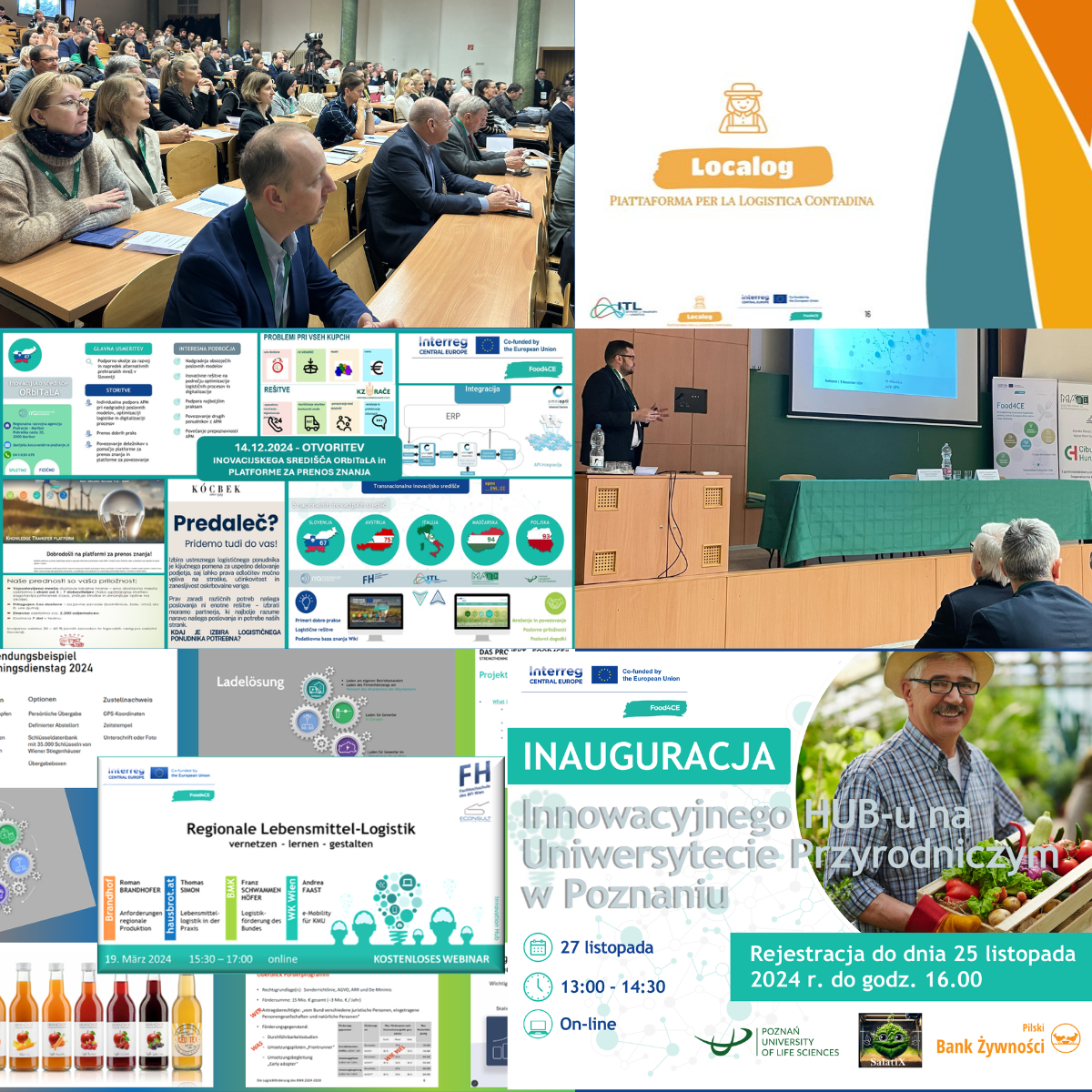
Innovation Hub
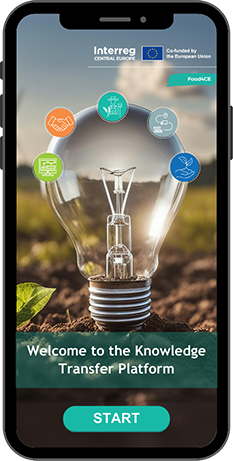
Knowledge Transfer Platform
Matchmaking Platform
Regional action plan for AFN support
Project videos
Project documents
Project Newsletters
Posters on AFNs best practices and logistics solutions
Transnational comparison of SFSCs characteristics and needs
Translated AFN posters
Project results
Project images
Food4CE
The project lead partner is responsible for the content of this project website.
